Phonics Skills Alphabet Worksheets for 3-Year-Olds
16 filtered results
-
From - To
Jumpstart your 3-year-old’s reading journey with our Phonics Skills Alphabet Worksheets! Specially designed for early learners, these engaging worksheets make learning the alphabet fun and accessible. Each worksheet is packed with vibrant illustrations and activities that help little ones recognize letters, understand their sounds, and begin to form basic phonics skills. Perfect for both classroom and at-home learning, our resources support your child’s literacy development in an enjoyable way. Foster a love for reading early on with Kids Academy’s effective and playful alphabet phonics worksheets. Visit our webpage to download and print today!
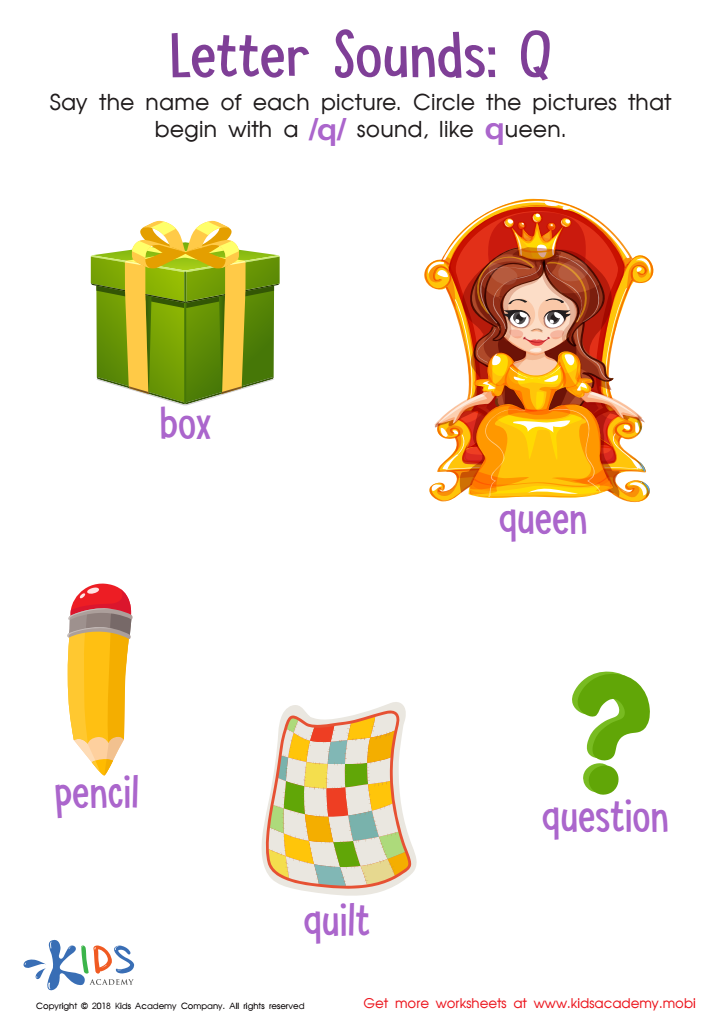

Letter Q Sounds Worksheet
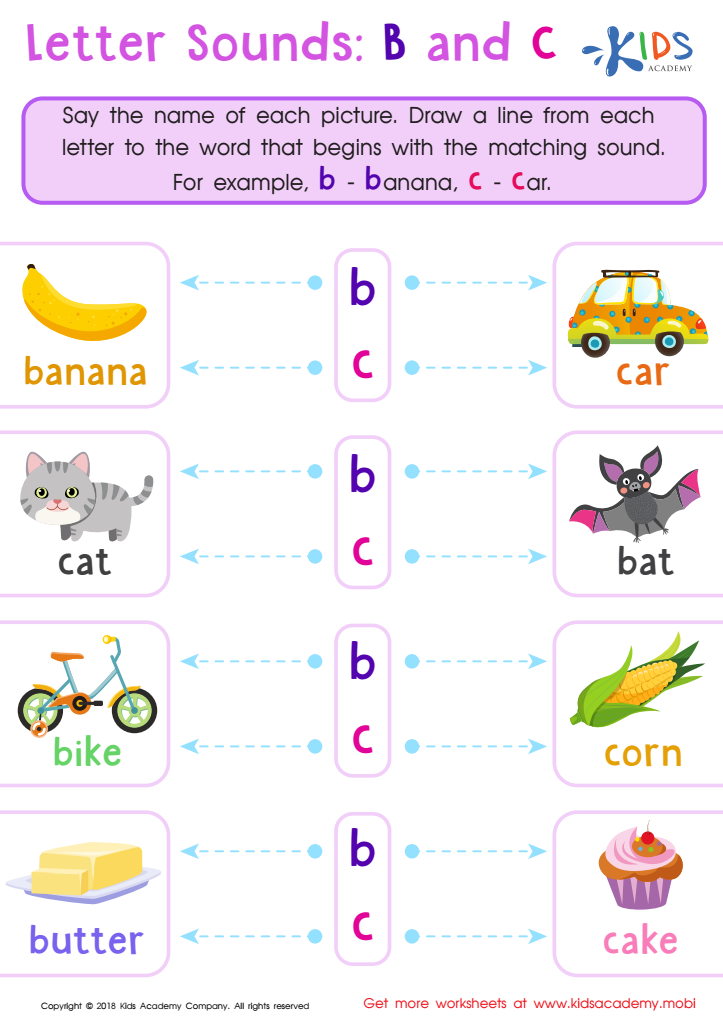

Letter B and C Sounds Worksheet
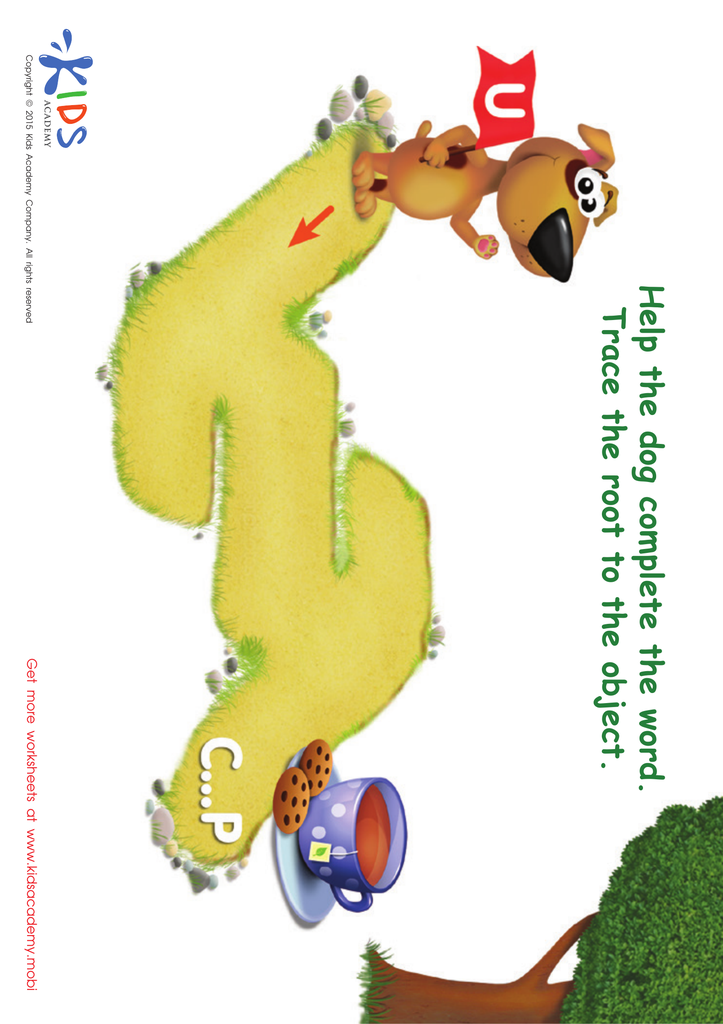

Short Vowel Sound U Worksheet Worksheet
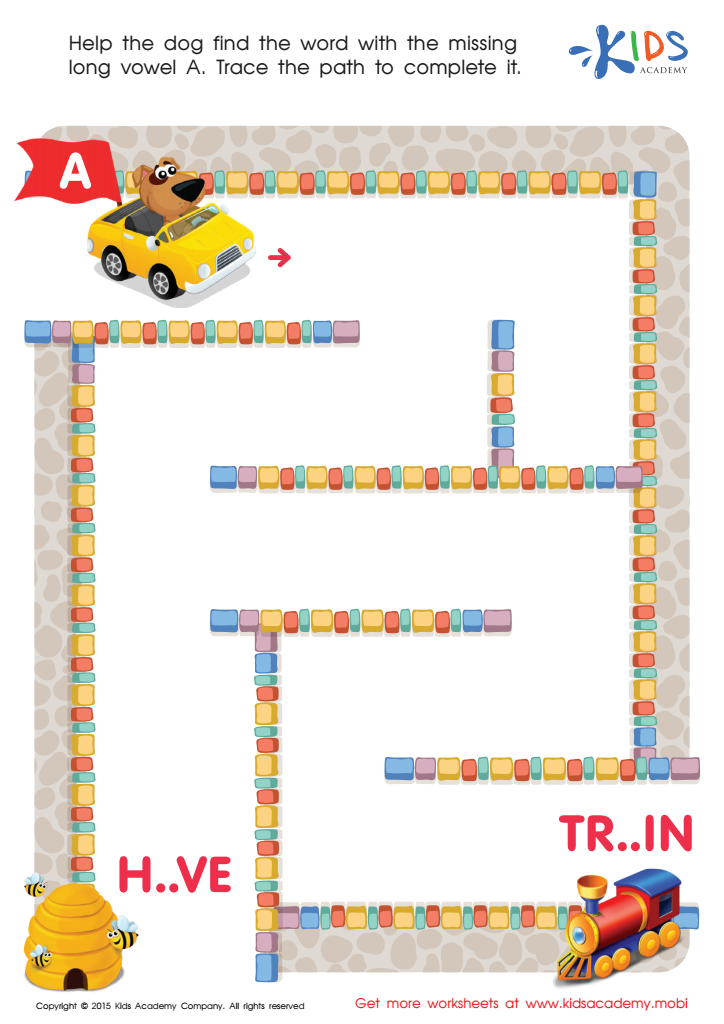

Long Vowel Sound A Worksheet
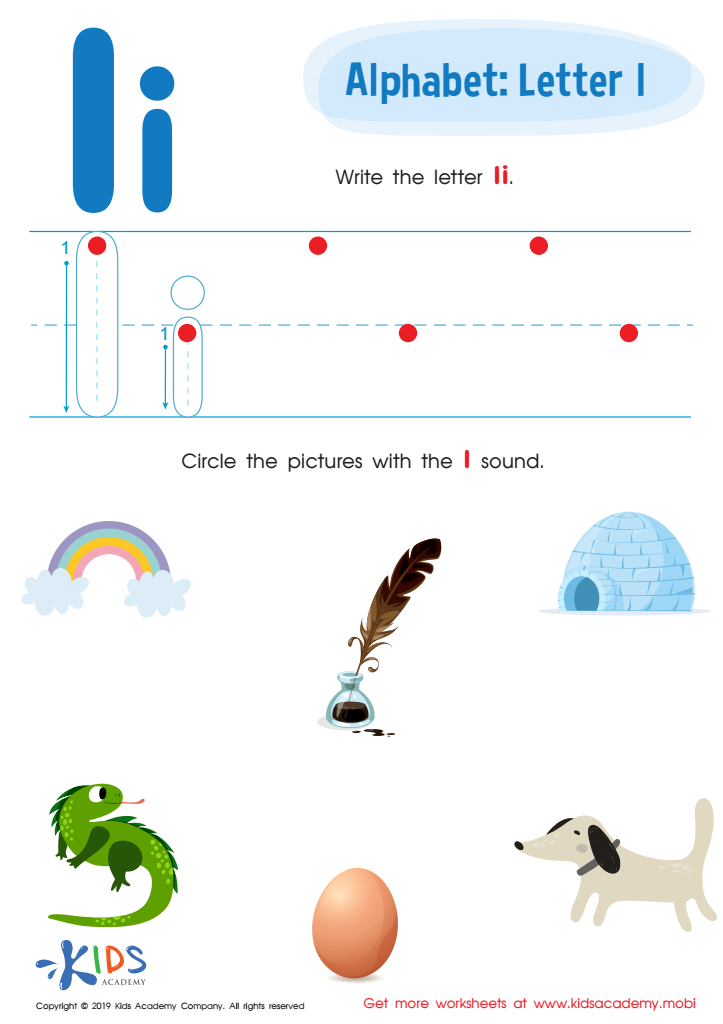

Letter I Tracing Worksheet
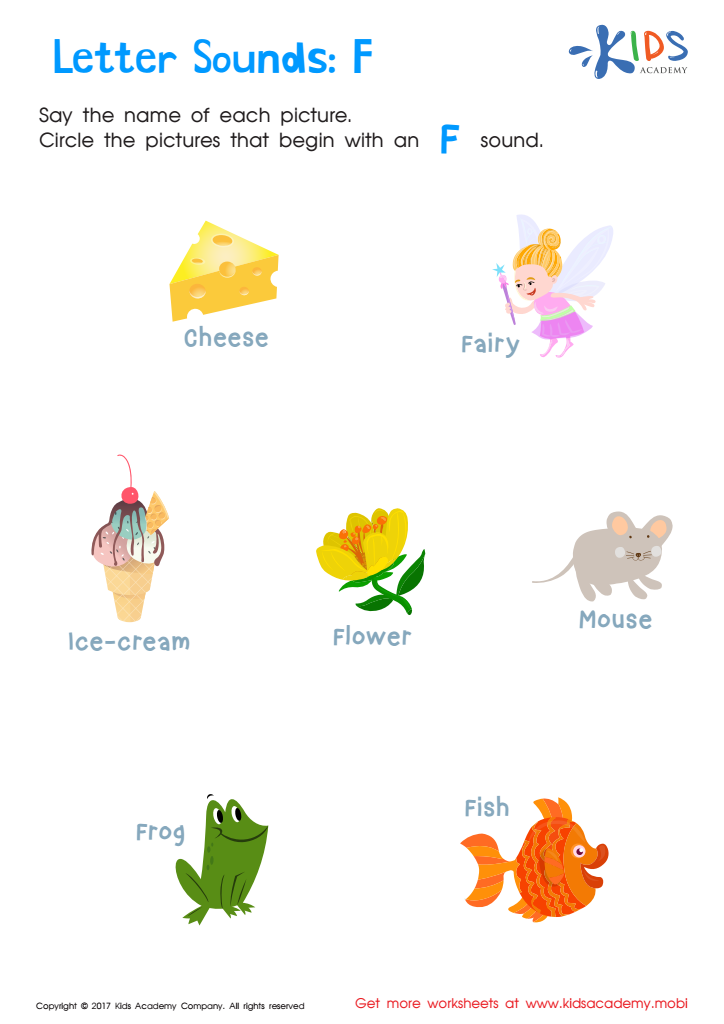

Letter F Sounds Worksheet
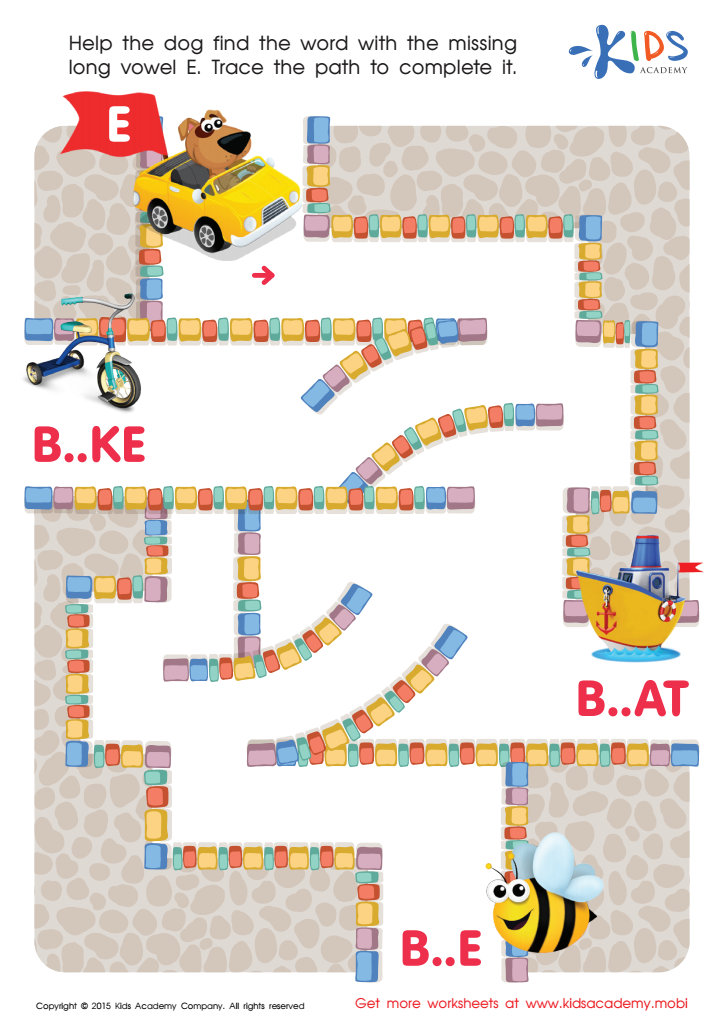

Long Vowel Sound E Worksheet
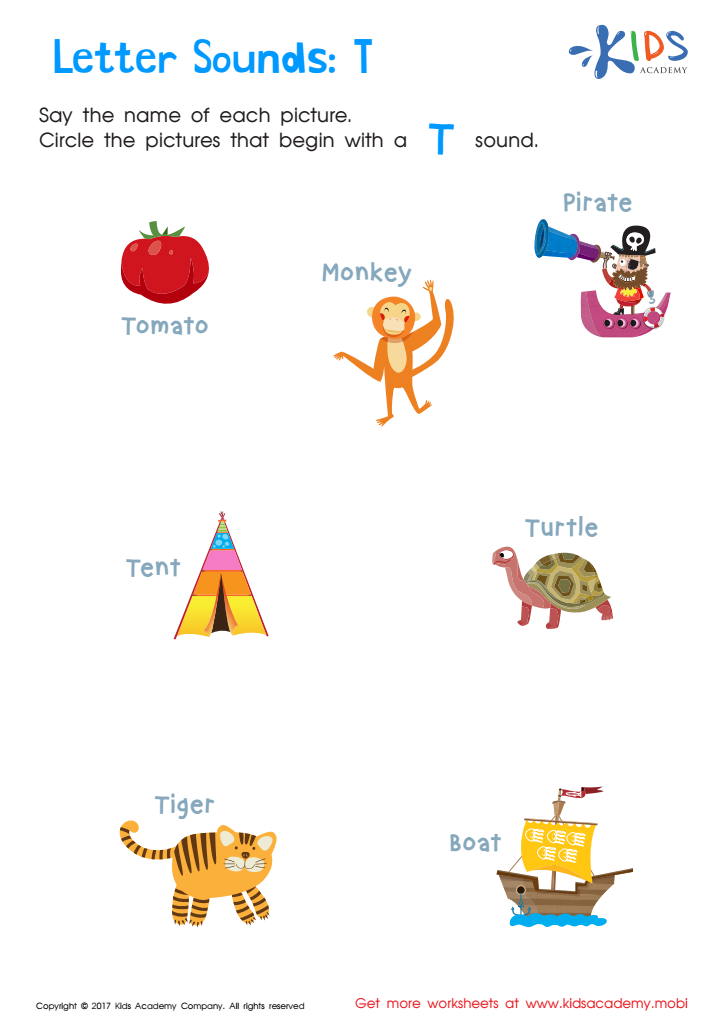

Letter T Sounds Worksheet
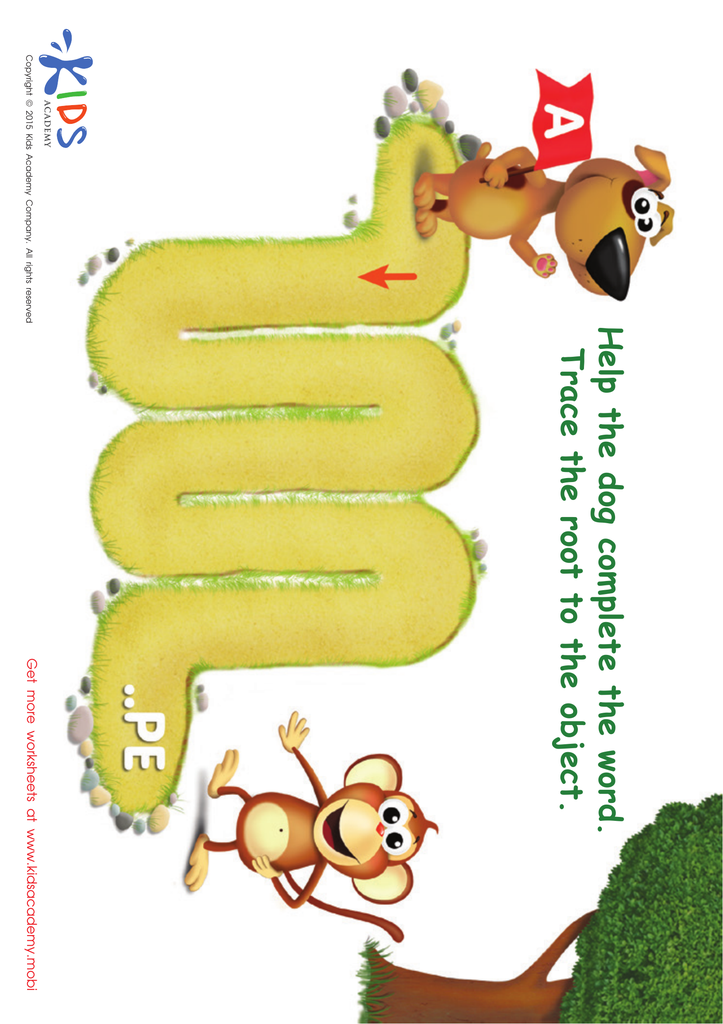

Long Vowel Sound A Worksheet Worksheet
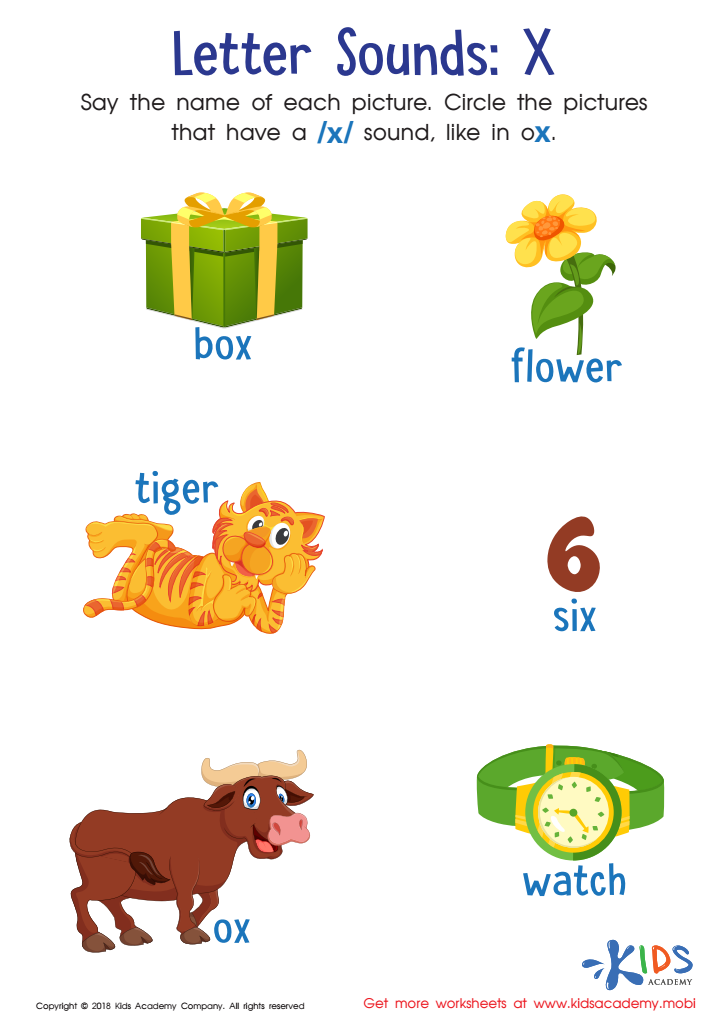

Letter X Sounds Worksheet
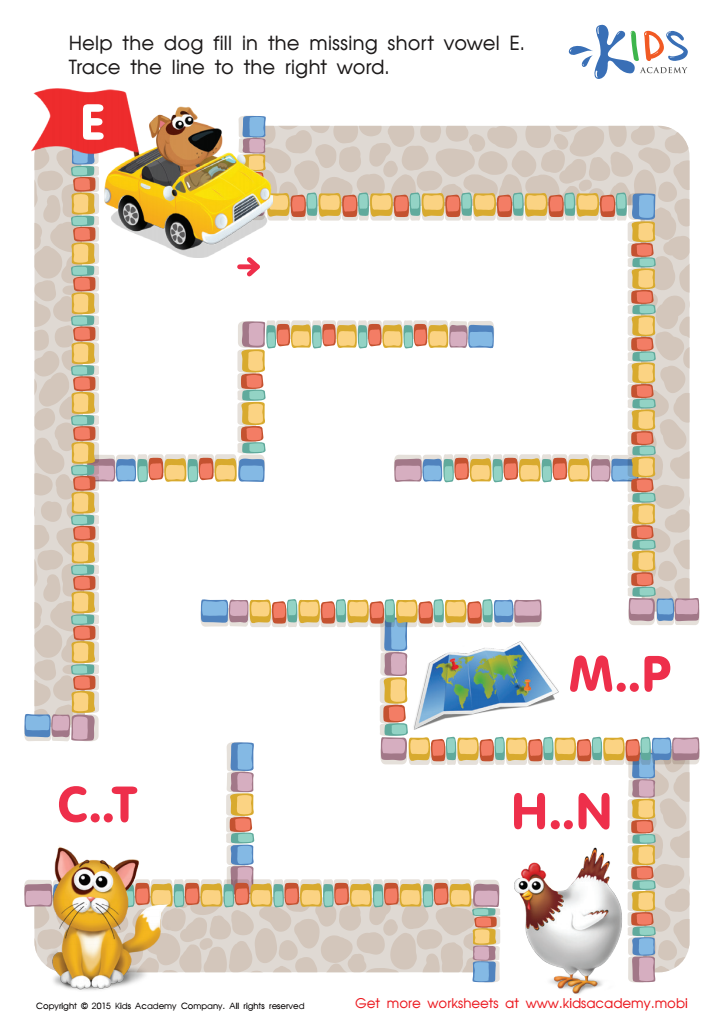

Short Vowel Sound E Worksheet
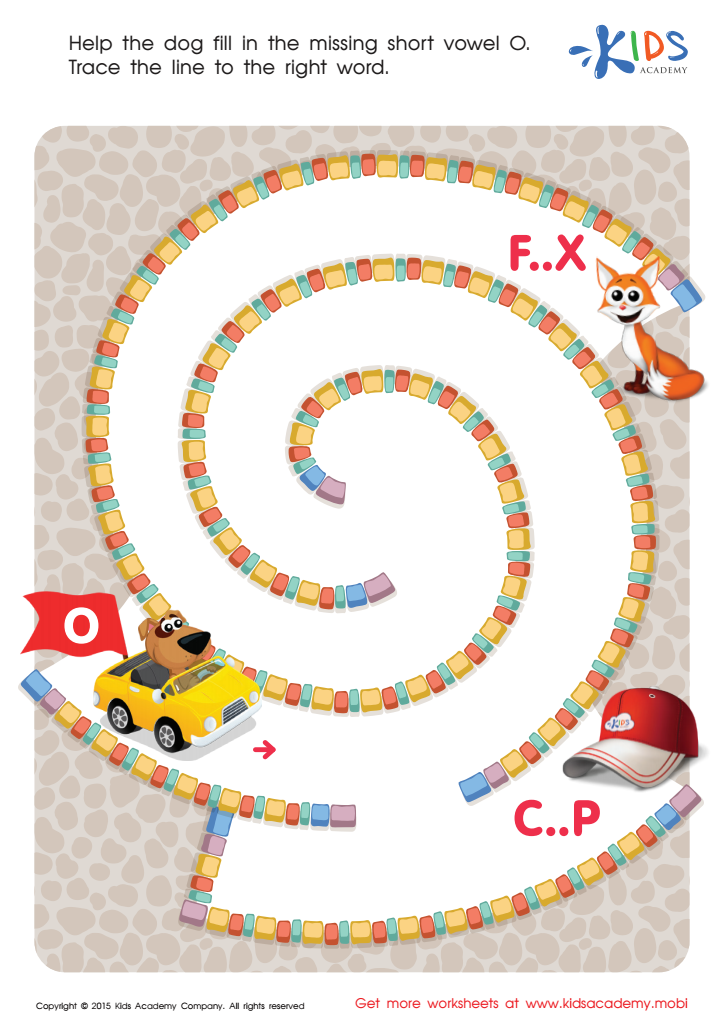

Short Vowel Sound O Worksheet
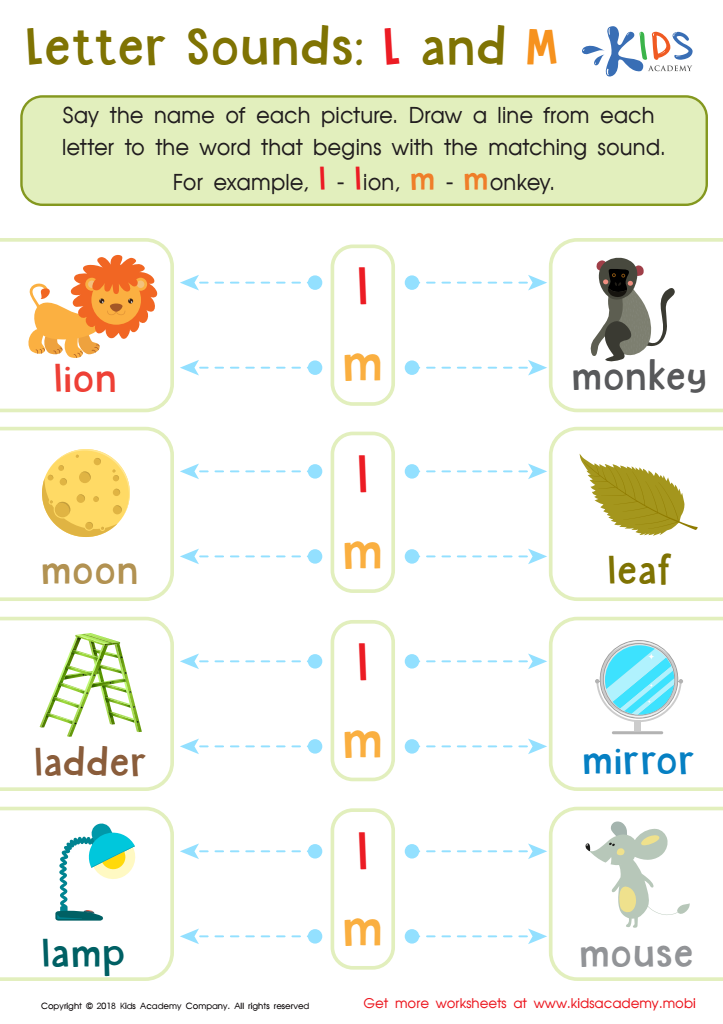

Letter l and M Sounds Worksheet


Long and Short E Worksheet
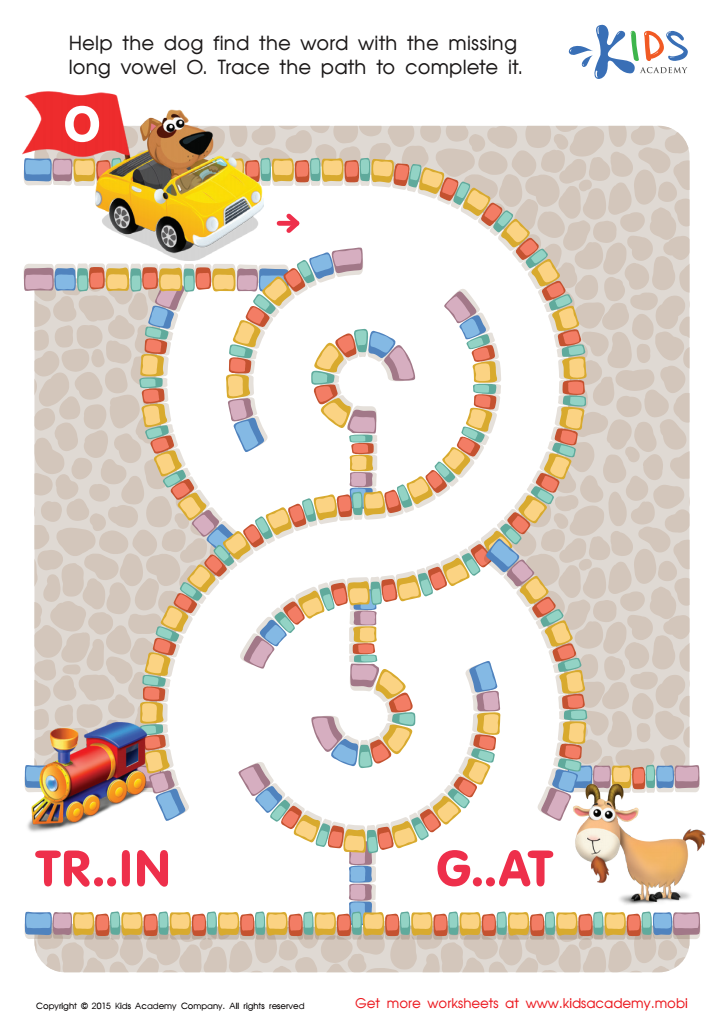

Long Vowel Sound O Worksheet
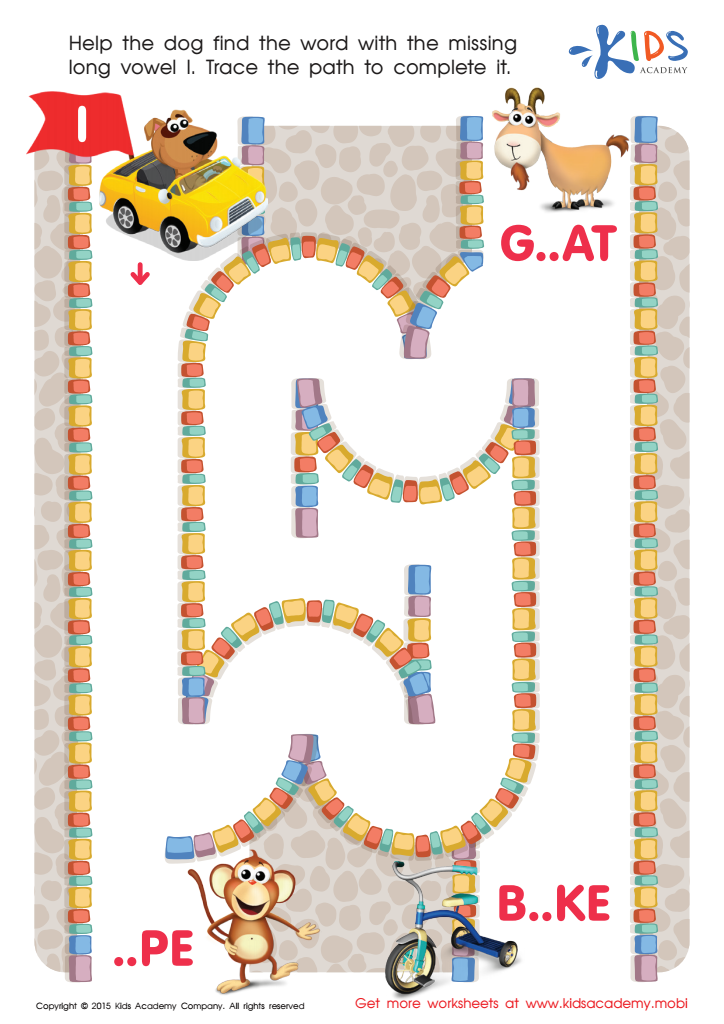

Long Vowel Sound I Worksheet
Phonics skills and alphabet recognition are critical for the early development of literacy in 3-year-olds. Understanding phonics involves connecting sounds to letters or groups of letters, forming the foundation for reading and writing. At this developmental stage, children are like sponges, capable of soaking up information quickly. By introducing phonics and the alphabet early, parents and teachers can maximize this period of rapid learning and cognitive development.
Recognizing letters and their corresponding sounds aids in decoding words, fostering early reading skills. Phonics instruction helps children to understand that letters represent sounds, and these sounds come together to form words. This phonemic awareness is essential for fluent reading, spelling, and even comprehension skills.
Moreover, early exposure to phonics and the alphabet builds confidence and a positive attitude towards reading and learning. It prepares children for the more structured literacy lessons they will encounter in kindergarten and beyond. Also, early literacy skills are linked to long-term academic success and a lifelong love for reading.
Overall, investing time in teaching phonics and the alphabet to 3-year-olds sets the stage for their successful educational journey, cultivating critical cognitive, communication, and social skills. It's a pivotal step that can significantly influence a child's future learning trajectory.

 Assign to My Students
Assign to My Students















